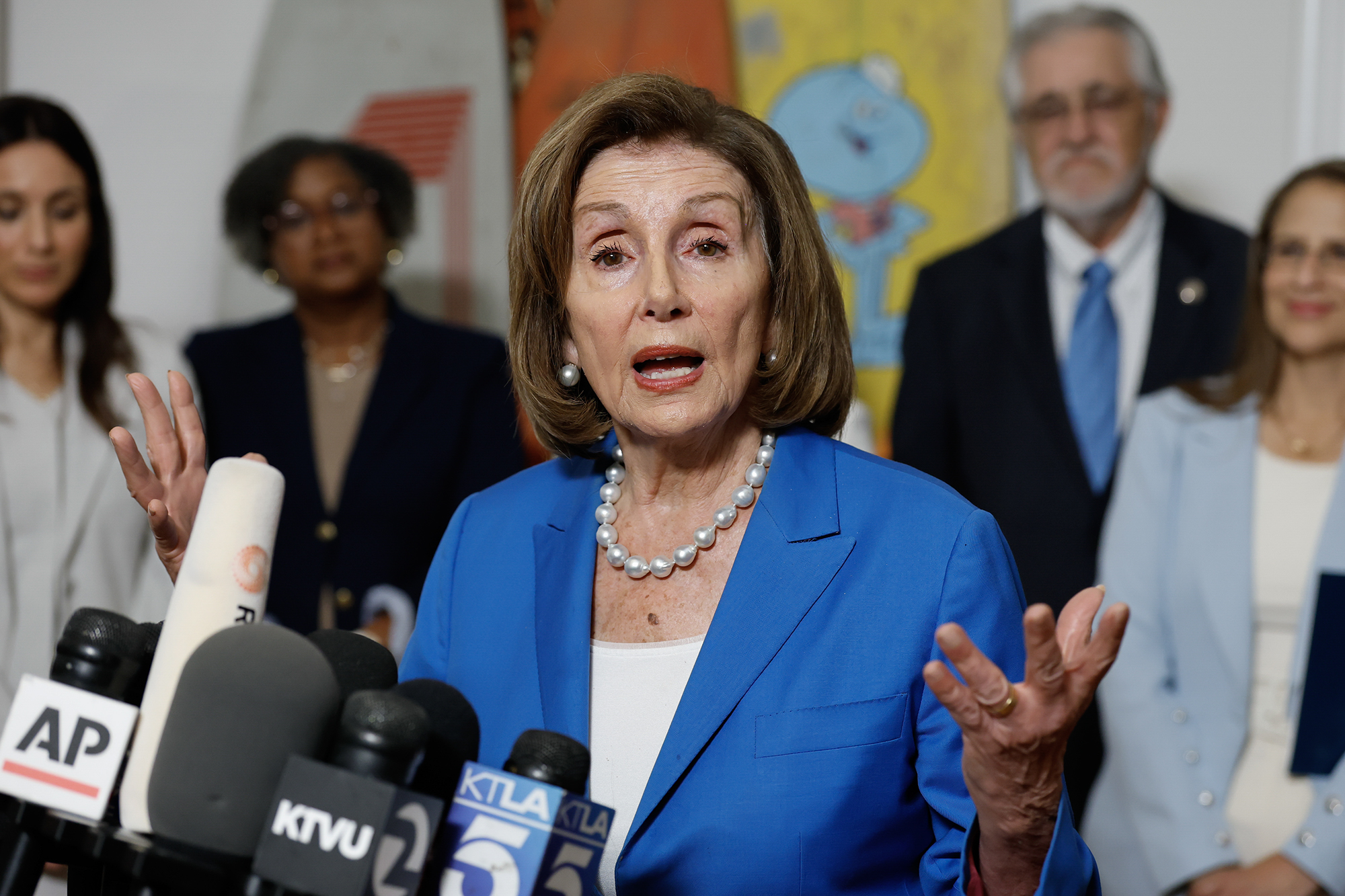
CA gerrymander could shake up its Democratic hierarchy
By Dan Walters, CalMatters
This commentary was originally published by CalMatters. Sign up for their newsletters.
Democratic politicians throughout California — those already in office and those who want in — assume that voters will rearrange the state’s 52 congressional districts next month and create new career opportunities.
The assumption is well grounded. A recent CBS News poll found 62% of the state’s likely voters, driven by disdain for President Donald Trump, will enact Proposition 50, a plan to shift five more congressional seats to Democrats even though they already have 43.
Gov. Gavin Newsom’s gerrymander would offset pro-Republican redistricting schemes in Texas and other states that Trump seeks to retain, or perhaps expand, the GOP’s paper-thin majority in the House next year.
With Prop. 50 seemingly a slam-dunk, current Democratic congressional members and wannabes are trying to sort out who will run for what — no small feat. To create the new seats, the Democrats’ political cartographers have to spread the party’s 10.4 million voters more thinly, reducing its margins in districts it already holds.
California also is not immune to the Democrats’ generational conflict, in the wake of their loss to Trump last year after an aged and obviously impaired President Joe Biden dropped out.
Politico declares that “fully half of the state’s older House Democrats are set to face same-party challengers next year…”
The most interesting example is in San Francisco, where 85-year-old Rep. Nancy Pelosi, the former House speaker who has held her congressional seat for nearly 40 years, has already drawn two primary opponents even though she hasn’t announced whether she’ll run again.
First in was 39-year-old Saikat Chakrabarti, a former campaign aide and staffer to Rep. Alexandria Ocasio-Cortez, typifying the young progressives who have chafed at their party’s geriatric leadership.
His candidacy forced the issue for state Sen. Scott Wiener, who at 55 is no spring chicken. He has been waiting patiently for years for Pelosi to retire. Wiener declared his candidacy this week, telling the New York Times, “The world changes. I made a decision that it makes sense for me to get into the race now because I’m passionate about San Francisco having the best possible representation.”
Pelosi won’t announce her intentions until after Prop. 50 is decided. But if she does retire, she likely wants to choose her successor — which is how she got her congressional seat in 1987.
San Francisco politics have a long history of control by a few powerful factions, most prominently one created in the 1950s by Willie Brown, brothers Phillip and John Burton and George Moscone.
The Burtons both served in Congress. John Burton was a long-time legislative leader and Moscone, then the city’s mayor, was assassinated in 1978.
Brown, now 91 and the only one of them still alive, wields massive influence in the city, after being the longest-tenured Assembly speaker and winning two terms as mayor. He was instrumental in the careers of Newsom and former Vice President Kamala Harris.
Pelosi, born into a powerful political family in Baltimore, continued the family business in 1963 after marrying Paul Pelosi, scion of an influential San Francisco family, and moving to his city.
She integrated into the Brown-Burton-Moscone organization. When Phillip Burton died in 1983, his widow, Sala, took over his congressional seat and then, before dying in 1987, designated Pelosi as her successor.
San Francisco media have speculated that if Pelosi steps down, she might favor Connie Chan, a city supervisor, as her successor, noting that Chan was the only local official to speak alongside Pelosi at a recent Prop. 50 rally. However, it’s also been rumored that daughter Christine Pelosi might want to succeed her mother.
That’s the way things have gone in San Francisco for decades. Will it continue or is evolution in the air?
This article was originally published on CalMatters and was republished under the Creative Commons Attribution-NonCommercial-NoDerivatives license.
First Appeared on
Source link






